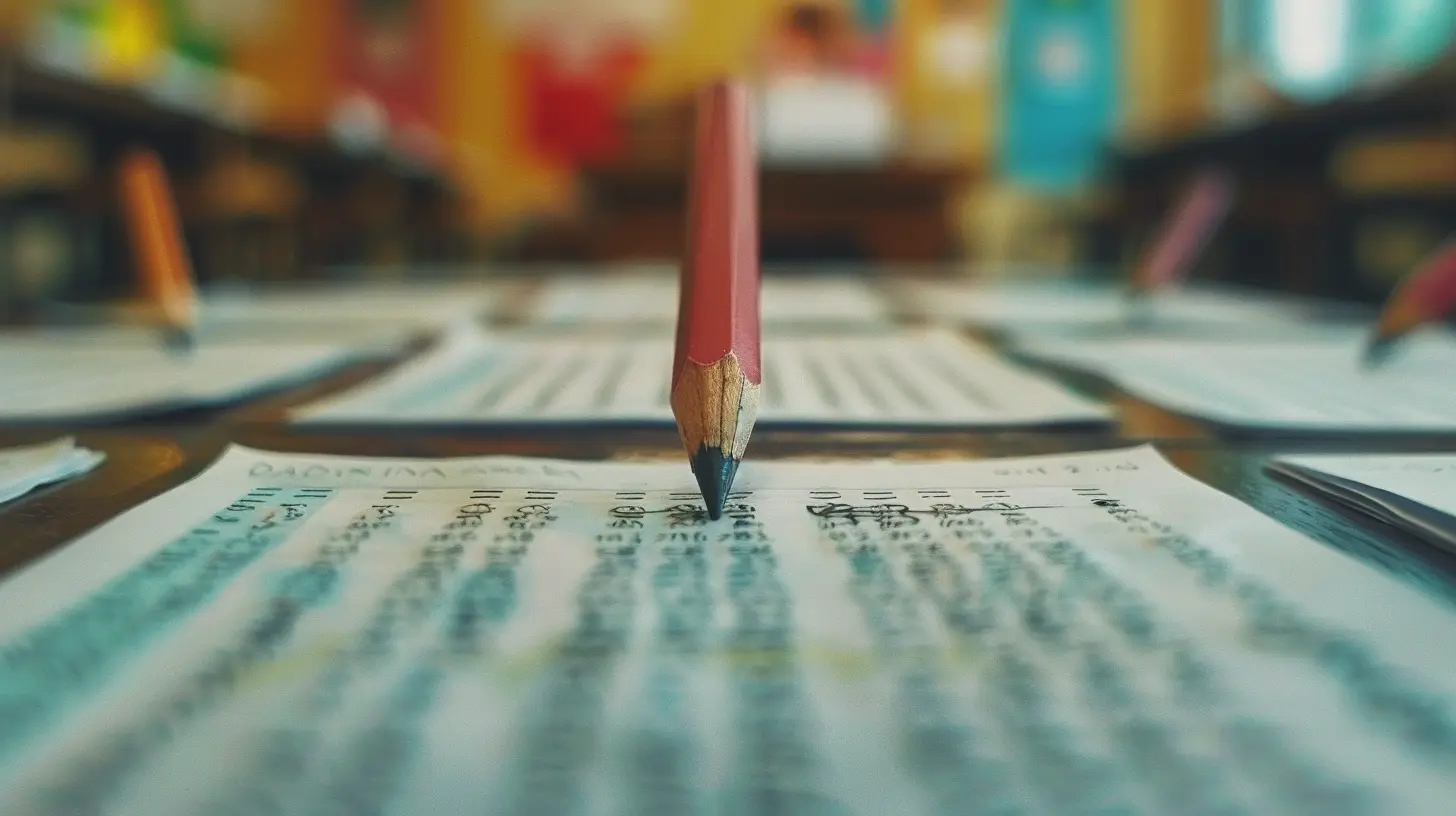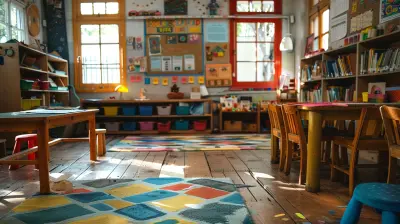1 April 2025
Standardized testing has been a cornerstone of education for decades, serving as a benchmark for student performance, college admissions, and even teacher evaluations. But let’s be honest—how many of us really think these tests measure a student’s true abilities?
With education rapidly evolving due to technology, new teaching methods, and a greater emphasis on holistic learning, the future of standardized testing is under serious scrutiny. Will these traditional tests survive, or are we moving toward something better? Let’s dive into what lies ahead for standardized testing in this ever-changing educational landscape. 
The Rise and Fall of Standardized Testing
For years, tests like the SAT, ACT, and state-mandated assessments have determined a student’s academic future. The goal? To create a fair, objective way to measure knowledge and skills. Sounds great in theory, right?But over time, cracks in the system have started to show. Critics argue that standardized tests favor students from higher-income backgrounds who have access to better resources, tutoring, and test prep. On top of that, studies suggest these tests don’t always predict college success as well as once believed.
During the COVID-19 pandemic, many colleges dropped test score requirements, and guess what? Admissions teams found other ways to evaluate students—like looking at high school performance, extracurricular activities, and personal essays. This shift raises a big question: Do we even need standardized tests anymore? 
The Problems with Standardized Testing
Let’s break down some key issues that are making people rethink these traditional exams.1. One-Size-Fits-All Approach
Every student learns differently. Some excel at memorization, while others thrive with hands-on projects or creative problem-solving. So why do we measure success with the exact same test for everyone? Standardized exams often fail to account for diverse learning styles.2. Test Anxiety and Mental Health
Ever sat in front of a test, heart racing, palms sweating, completely blanking on everything you studied? You’re not alone. Test anxiety is real, and it disproportionately affects students who may be brilliant but struggle under pressure. Should a three-hour exam determine someone’s future?3. Teaching to the Test
Ask any teacher, and they’ll tell you: standardized testing forces them to prioritize test prep over real learning. Instead of fostering creativity and critical thinking, classrooms often become focused on filling in the right bubbles. Education should be about discovery, not just drilling formulas and vocabulary lists.4. Bias and Inequality
It’s no secret that wealthier students have an advantage when it comes to standardized testing. Private tutors, prep courses, and practice exams aren’t available to everyone, making these tests less about intelligence and more about resources.
The Shift Toward Alternative Assessments
So, if standardized testing has so many problems, what’s next? The good news is that educational institutions are already exploring new ways to evaluate student performance.1. Test-Optional and Test-Blind Policies
Many colleges are moving away from requiring standardized test scores. Some schools have adopted “test-optional” policies, meaning students can submit scores if they want, but it’s not mandatory. Others are going entirely “test-blind,” meaning they won’t consider scores at all.2. Portfolio-Based Assessments
Instead of a single exam, why not assess students based on a collection of their work over time? Portfolios showcase projects, essays, and other achievements that give a broader view of a student’s skills and creativity.3. Performance-Based Assessments
Some schools are experimenting with real-world problem-solving tasks instead of traditional tests. Imagine being evaluated based on your ability to research and present a solution to a real issue rather than just filling in a multiple-choice sheet.4. AI and Personalized Testing
With advancements in AI, future assessments could adapt to each student’s strengths and weaknesses. Instead of a fixed test, AI-powered exams could personalize questions, offering a more accurate representation of what students actually know.
Will Standardized Testing Disappear Completely?
Not so fast. While standardized tests may be losing their dominance, they’re unlikely to vanish entirely. Some fields, like medicine and law, still rely on standardized exams (like the MCAT and LSAT) to assess candidates fairly. However, the way we use these tests is changing.Rather than defining a student’s entire future, test scores may become just one piece of a bigger puzzle. More colleges, employers, and educators are beginning to value diverse achievements, critical thinking skills, and real-world experience over a single test score.
The Future of Student Evaluation
So what does the future hold? If current trends continue, assessments will likely become more personalized, flexible, and skills-based. In an ideal world, education should empower students to showcase their talents in ways that make sense for them—not just through timed multiple-choice exams.Imagine applying for college or a job based on a combination of your coursework, volunteer work, personal projects, and a short interview rather than just a single test score. Sounds more fair, right?
Final Thoughts
The future of standardized testing is uncertain, but one thing is clear: change is happening. As we move toward a more holistic approach to education, students will have more opportunities to truly demonstrate their abilities beyond a standardized exam.Whether you’re a student, parent, or educator, it’s time to start rethinking the way we measure success. Traditional standardized testing may not disappear overnight, but its role in education is definitely evolving for the better.




Thornefield Rocha
Testing? Let's make it more fun!
April 2, 2025 at 11:30 AM